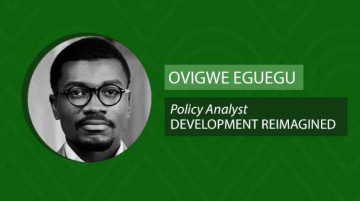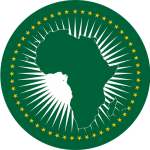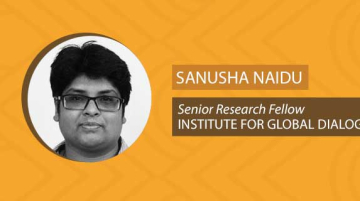
- Get a daily email packed with the latest news and analysis from Africa, Asia, and across the Global South.
- Read exclusive insights on the key trends shaping China’s relations across the Global South.
- Full access to the News Feed that provides daily updates on Chinese engagement in the Global South.











